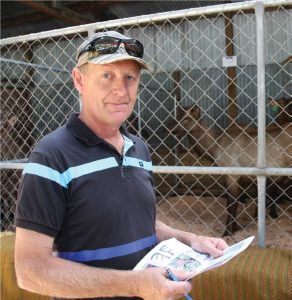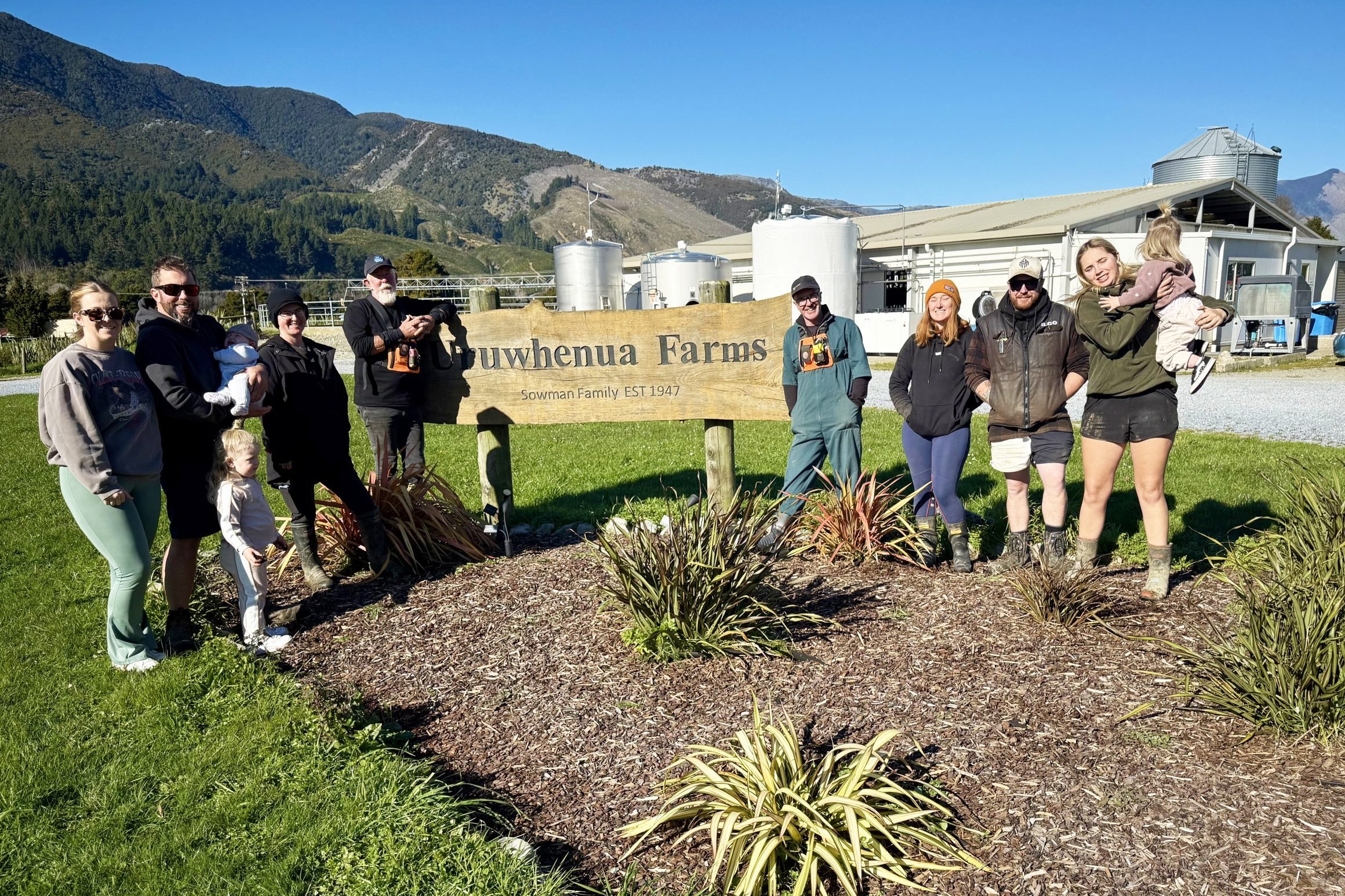WORDS: Lynda Gray
 Wairarapa wapiti breeder Dean Wilkinson came south this year to buy sire bulls. He was probably the only North Island buyer to attend some of the southern elk and wapiti sales.
Wairarapa wapiti breeder Dean Wilkinson came south this year to buy sire bulls. He was probably the only North Island buyer to attend some of the southern elk and wapiti sales.
“We come here to get the genetics and Southland is the place to shop for what we’re after.”
He was on the lookout for sires with good growth rates but also respectable velvet weights.
“The 12-month growth rate is the biggie for me because it’s what my clients are after.”
The attitude and temperament of any purchase was another factor which he assessed through observation and, if needed, a pen inspection.
Wilkinson bought one bull each from Littlebourne and Tikana, the same breeders he bought from when he last made the trip south five years ago.
The purchases plus insurance and transport back across Cook Strait cost about $17,500.
Wilkinson is one of the few wapiti breeders in the North lsland, breeding and selling bulls from Totara Park Wapiti, near Masterton, since 1998. He started with an elk cow herd of 150, breeding wapiti sire bulls for North lsland buyers. But demand for the purebreds never took off, leading Wilkinson
to sell his elk cows and replace them with Red hinds to produce Fl hybrid stags. About 25 each year are offered for sale by private treaty.
Over time he’s built a loyal client base but says that wapiti have never gained a huge foothold in the North lsland. That’s largely because of lingering perceptions stemming from the early days when a lot of southern-sourced, lower-quality animals ended up in the North Island with farmers who lacked the knowledge and facilities to handle them.
Since then selective breeding has greatly improved wapiti temperament and production but the perception lingers. He’s stuck with them because of the hybrid vigour meaning they’re off to the works sooner and heavier.




